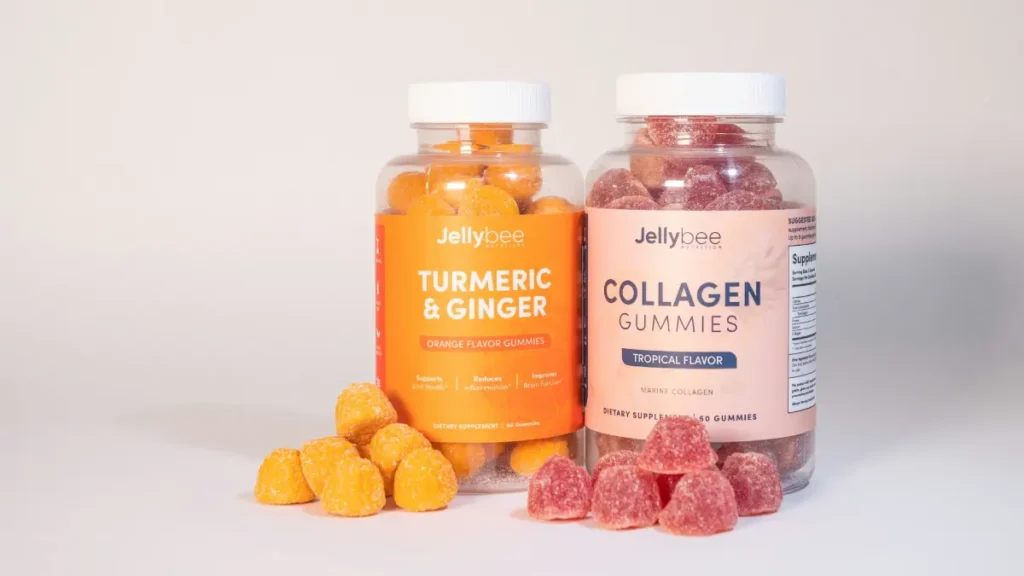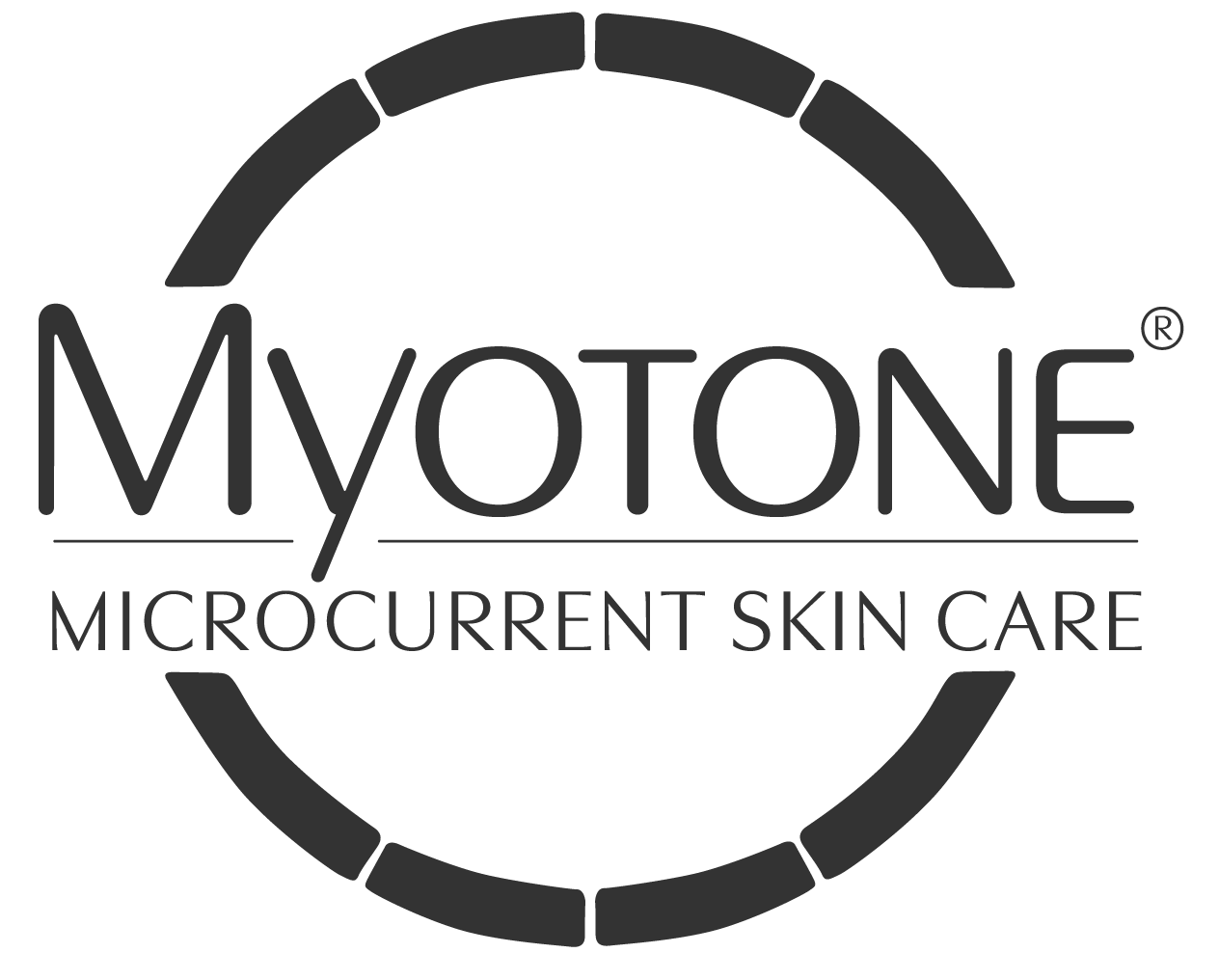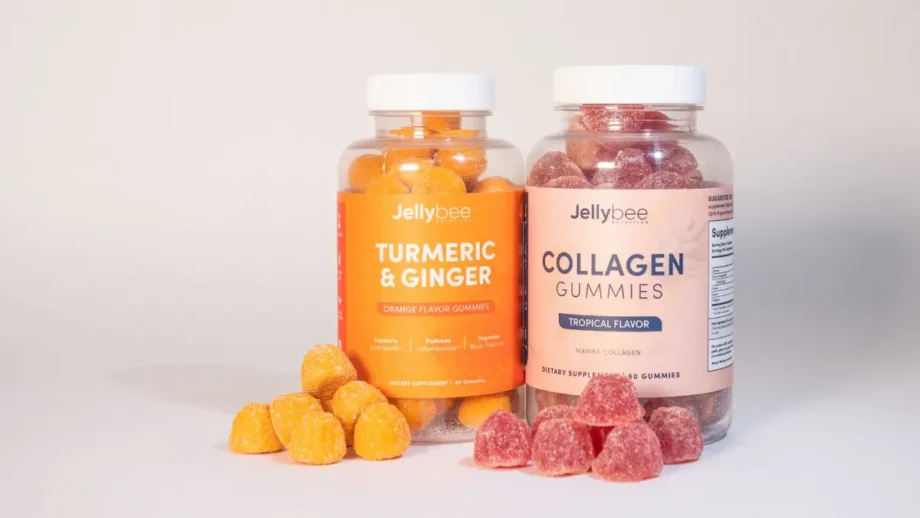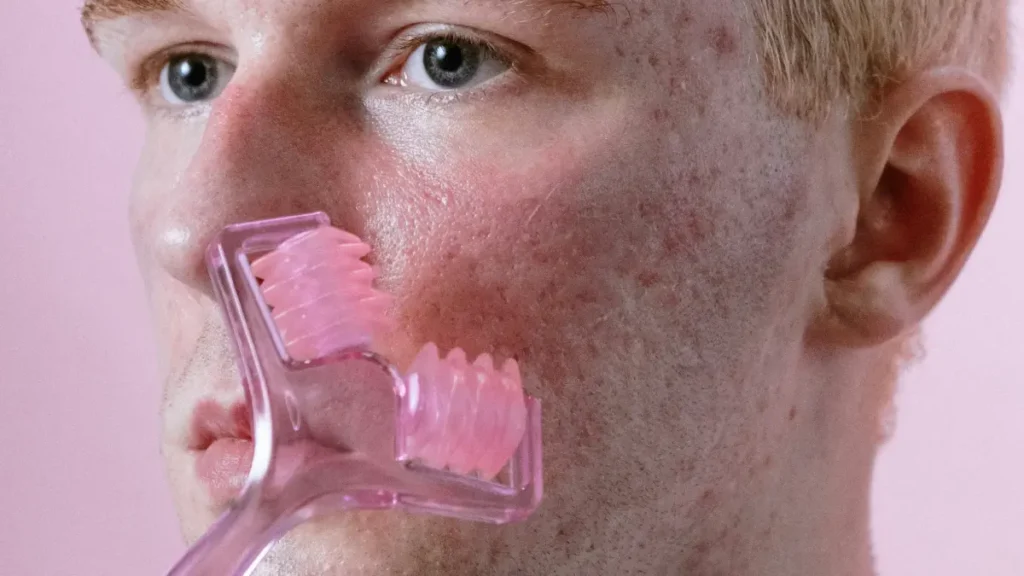In the world of health and wellness, colostrum and collagen have both emerged as popular supplements for their potential benefits. Though these two products share some similarities, they differ in their origins and the ways they support our health.
What is Colostrum?
Colostrum is a nutrient-rich fluid produced by mammals (including humans) in the first few days after giving birth. It contains a wealth of antibodies, proteins, vitamins, minerals, and growth factors. For human use, colostrum is typically derived from cows (bovine colostrum) and is known for its immune-boosting and gut-healing properties. Colostrum can support overall health by promoting tissue repair and protecting against infections.
What is Collagen?
Collagen, on the other hand, is the most abundant protein in our bodies, forming the structure of skin, bones, cartilage, and connective tissues. Collagen supplements, which can be sourced from animals such as cows or fish, are often used to support joint health, improve skin elasticity, and promote wound healing. Taking collagen supplements can also potentially support hair and nail growth.
Colostrum vs. Collagen
While colostrum and collagen both provide health benefits, they serve different purposes. Colostrum is primarily focused on immune support and gut health, while collagen is more associated with skin, joint, and connective tissue health. Depending on your health goals, you may prefer one over the other or choose to take both.
Increasing Collagen in Your Skin Through Skincare
If you want to boost collagen in your skin, incorporating specific skincare practices can help. For example, using retinol, a derivative of vitamin A, encourages skin cell turnover and stimulates collagen production. Microcurrent therapy, which uses low-level electrical currents to stimulate the skin, can enhance collagen production and firm the skin. Additionally, vitamin C serums play a crucial role in collagen synthesis and help protect the skin from oxidative stress.
By combining these targeted skincare treatments with a healthy diet and lifestyle, you can support your skin’s natural collagen production and maintain a youthful, radiant appearance.

This article is brought to you by

Learn More ⭢



